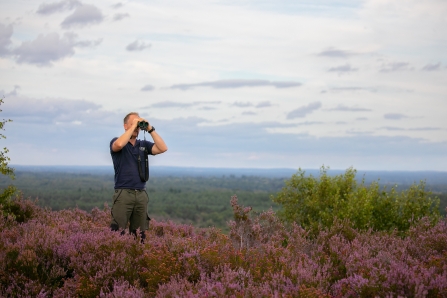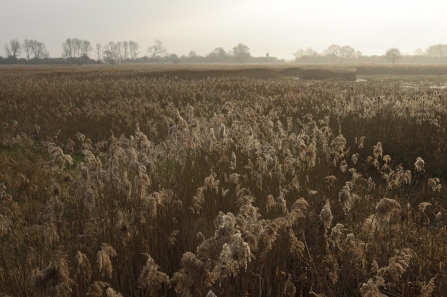Today The Wildlife Trusts publish a report ‘Let nature help – how nature’s recovery is essential for tackling the climate crisis’. Drawing on the latest research, the report shows how a variety of natural landscapes in the UK can store carbon and could absorb a third of UK emissions if these degraded habitats were to be expertly restored. It makes the case for addressing the climate and nature emergencies together, head on.
The Wildlife Trusts are calling on the Government, industry and local authorities to step-up investment in nature’s recovery and climate change mitigation by:
- Restoring a wide range of land habitats such as grasslands, peatlands and wetlands to store carbon. Government have missed targets to plant trees and help peatlands recover and now must identify, map and protect a wide array of ecosystems and restore them locally as part of a national Nature Recovery Network.
- Restoring nature at sea by introducing effective management for our network of Marine Protected Areas and by designating a suite of Highly Protected Marine Areas. These measures would bring our oceans back to health and enable them to function properly and absorb more human-made CO2 emissions.


